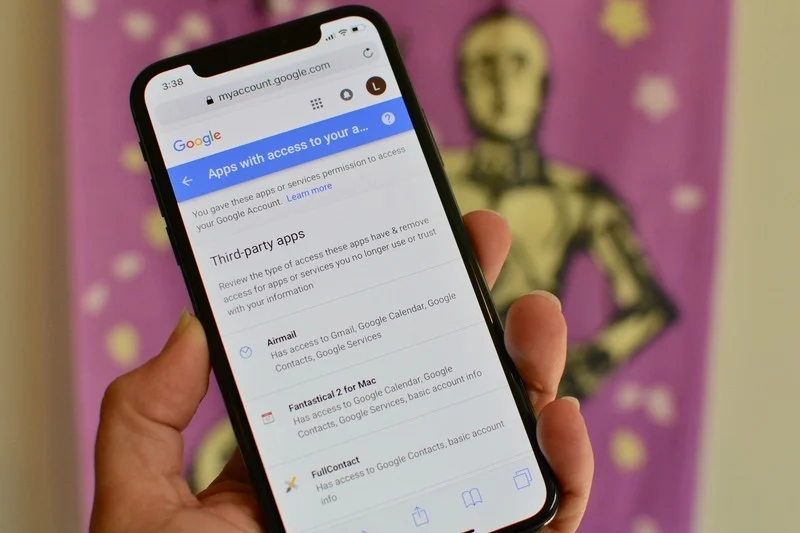Advertising agencies that place billions of ads everywhere on the internet know more about your browsing history than your own browser does.
They do it by creating a virtual profile of yours featuring the websites you visited, the ads you clicked accidentally or intentionally, the number of times you clicked, the frequency of the clicks, and so on.
It is no wonder then, that people often form elaborate conspiracy theories about multinational corporations listening in on their real-life conversations.
Turns out the AI systems already have enough information about the users and all their possible future clients. In fact, they are given that information freely by the users themselves.
Whenever you visit a website, the webpage tracks your behavior on that webpage and stores it as your own user profile to make your experience smoother, this is called a ‘first-party cookie’. It is responsible for remembering passwords and other essential user data.

However, the webpage also features a ‘third-party cookie’ which is what the advertising agency has placed in order to serve you ads that are not native to the webpage.
Its task is to track your movement and store the click patterns that may be used to serve you ads tailored according to your possible needs. This data is then fed to a machine learning system to generate a ‘recommender system’.
A recommender system starts by knowing nothing about its environment and teaches itself a pattern of behavior based on the trial-and-error method. Marketing companies use this strategy to target personalized ads to their customers.
The algorithm that such recommender systems use nowadays is called ‘reinforcement learning’.

This is a complex machine-learning algorithm working behind innocuous-looking ad pop-ups, operating on the same principle as human intelligence: creating a winning strategy for the future by judging its success/failure outcomes.
This technique is preferred over another AI-based learning technique called A/B/n testing, that is because it can work in a single-step process, as opposed to the multi-step, sequential process of A/B/n testing and it also predicts human behavior more accurately.
Precisely because it mimics it. Let’s see how it actually works to serve you personalized ads.
The ads you are served are often predictable because your behavior is predictable. You may be talking to your friends about that new ice cream place you visited yesterday and then see an ad for a chocolate ice cream delivery service a few days later.
It is not because your phone listens to your conversations but because Google Maps knows you were there and maybe even Instagram’s ad services picked it up when you posted your selfie with the ice cream and Geo-tagged it.
In other words, your agreement to the webpage/application for use of third-party cookies left a trail of crumbs to your cravings and product needs (pun intended).
At the end of the day, AI systems can only recommend things based on the data you unwittingly consented to provide them. Therefore, it is always a good thought to be more mindful of your activity on the web and your devices.
Harvard researchers have found that people prefer system recommendations over other people, even themselves. But it is probably not a good idea to let something else decide for you just because it is convenient, since it narrows the range of choices.
So, you should regularly review your permissions and only allow what is essential for your user experience, not what the system ‘thinks’ you might like.

It is also well advised to browse privately and keep reviewing the privacy policies of websites and apps on your devices.
The cookies, whether they be first-party or third-party, are stored locally as cache memory. So it is also better to keep deleting the local cache from time to time.
Another crucial step towards maintaining more privacy is to read carefully the list of things you are agreeing to when signing in.

Mobile operating systems like Android and Apple’s iOS have now started to provide users more granular control over app permissions.
The cookie-supported ad industry is going to receive a big blow from the search giant itself. Google, in a bold move, has announced that it will phase out third-party cookies in its Chrome browser by 2022.
Since Google’s browser accounts for about half the global web traffic, it will be interesting to see how the marketing industry innovates its practices.
However, until every browser and internet service provider completely phases out retargeted ad services, every user must be vigilant of their web footprint.
About the author
Tanya is a postgraduate student of English from St. Stephen’s College.
Also Checkout: How To Remove The Crown Icon On Discord
















